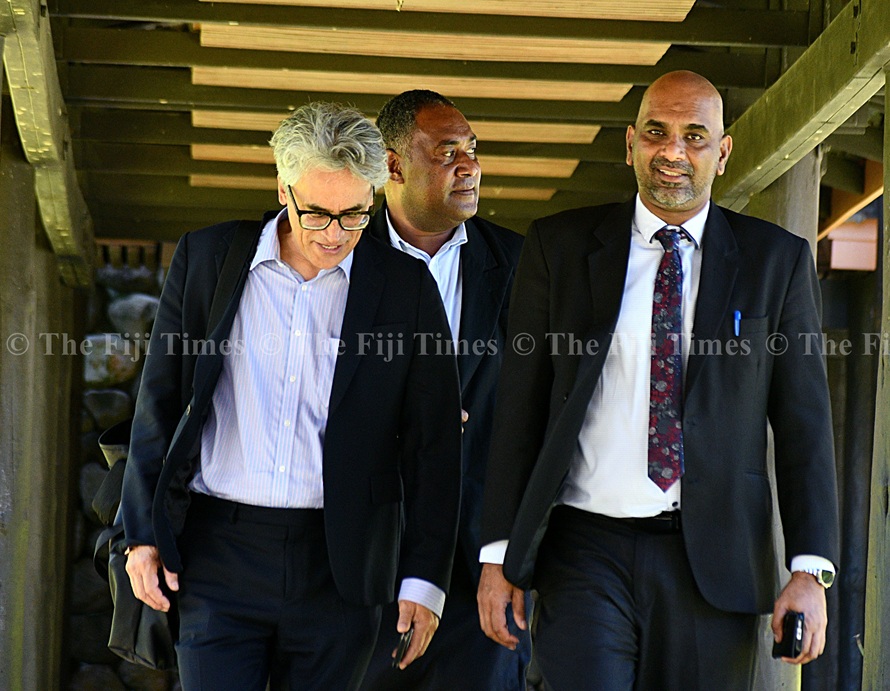Fiji Human Rights Commissioner Alefina Vuki has proposed the establishment of a “Constituent Citizens’ Assembly” as a mechanism to involve ordinary citizens in constitutional deliberations.
The proposal was presented during arguments before the Supreme Court in the 2013 Constitution reference case.
A Constituent Citizens’ Assembly is envisioned as a consultative body made up of ordinary citizens representing diverse communities and stakeholders.
Its primary role would be to deliberate on constitutional or foundational legal issues, providing recommendations or gauging public sentiment.
According to Ms Vuki, the assembly’s decisions would not be legally binding but would serve as a measure of the people’s will.
“Whatever decision they come with is not to be legally binding. Just a gauge to measure the people’s will and their mood concerning particular issues,” Ms Vuki stated.
“We suggest this as an alternative to referendums, which may not always be the most suitable mechanism.”
The then government had previously drafted the Fiji Constitutional Process (Constituent Assembly and Adoption of Constitution) Decree 2012, which included provisions for a Constituent Assembly to review a draft constitution.
However, the it intervened before the assembly could convene.
In December 2012, police confiscated and destroyed copies of the draft constitution.
The government subsequently rejected the draft and imposed its own version in March 2013, which was enacted by decree in September 2013 without the planned public consultation.
Appeals Court president Justice Isikeli Mataitoga expressed scepticism about the viability of a Constituent Assembly.
He cautioned that such a body could be manipulated if not properly structured and truly representative.
“You can predetermine the membership,” Justice Mataitonga said.
“So you need to look at something. It has to be truly representative of people.”
He also warned that without sufficient public awareness, both referendums and constituent assemblies could be exploited by political interests.
Responding to these concerns, Ms Vuki said the assembly’s role should remain consultative rather than legally binding to mitigate potential risks of manipulation.

